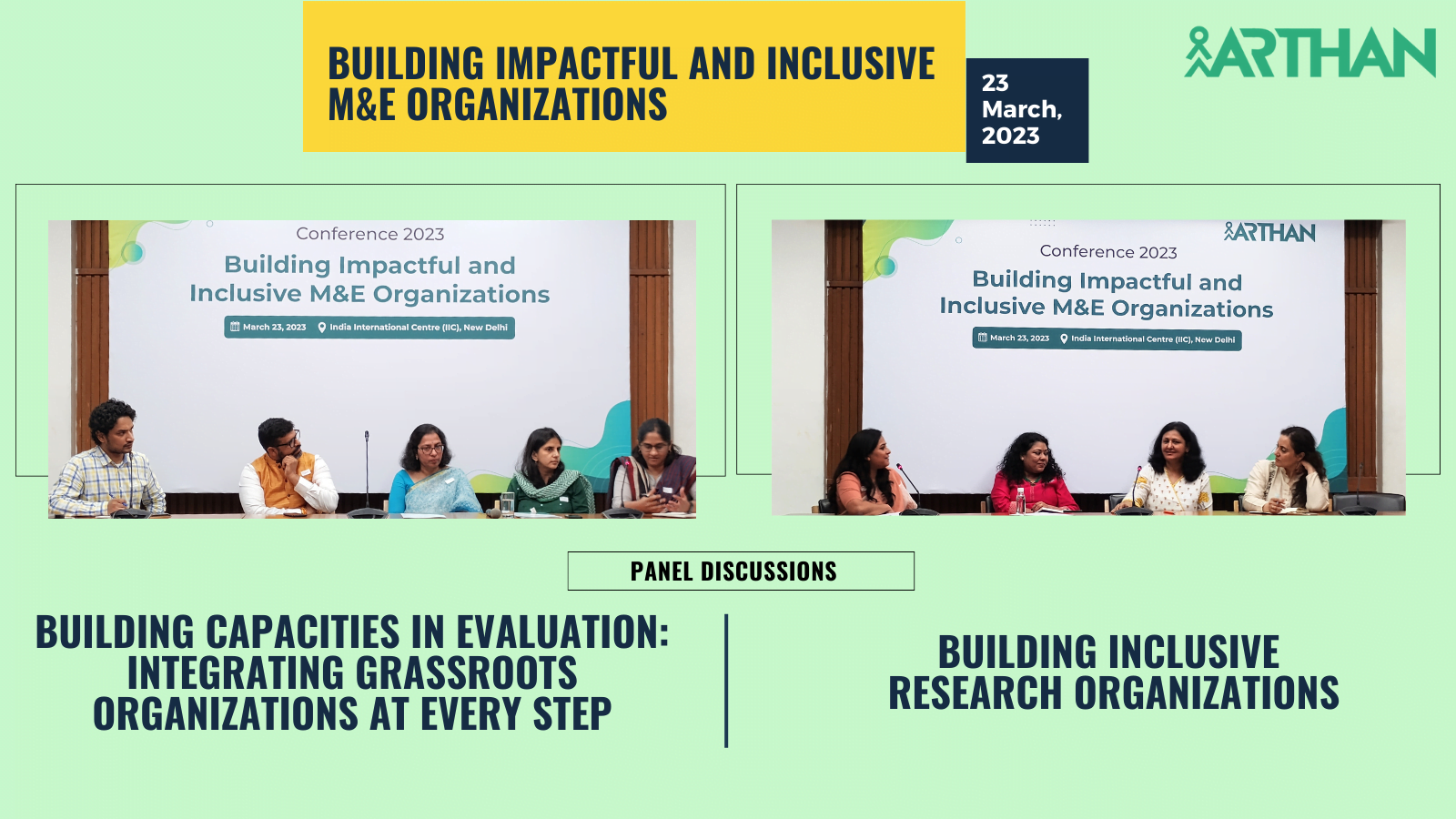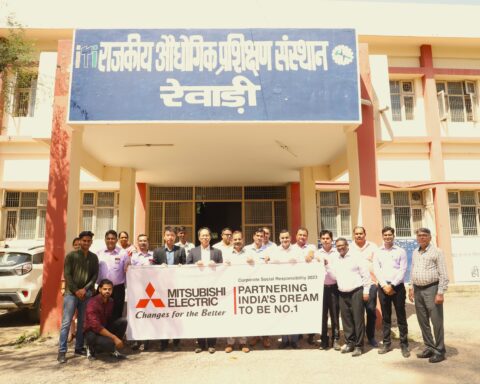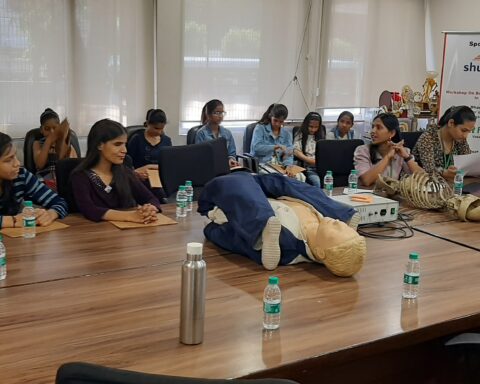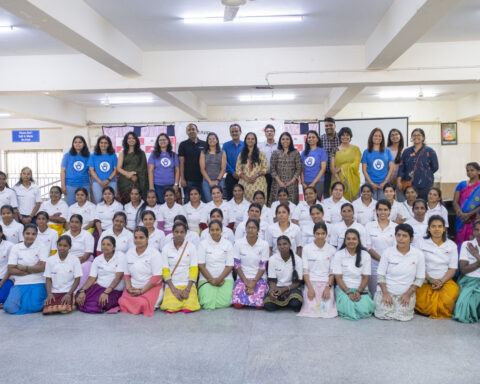In an effort to center-stage capacity building and inclusion efforts as key levers to strengthen India’s Monitoring & Evaluation (M&E) ecosystem, Arthan organized a conference on ‘Building Impactful and Inclusive M&E Organizations’ to frontline these conversations. The conference brought together a curated group of eminent leaders, practitioners, visionaries, and changemakers who deliberated on the findings of a landscaping study conducted by Arthan in 2022 to understand the M&E Ecosystem in India. The conference also hosted discussions on good practices, challenges, recommendations, and collaborations around making research participatory, the urgency to build skills in M&E within grassroots organizations, and the pragmatism in prioritizing gender equity and diversity in organizational strategy, operations, and programs.
The study highlighted critical insights on organization development, talent management and skills, and capacity deficit in grassroots NGOs. It also gave insights into inculcating Diversity, Equity Inclusion principles in the M&E process and leveraging technology to access relevant data. It was well received and duly appreciated as an endeavor that could inform interventions to build capacities of the M&E ecosystem and its stakeholders.
Lauding Arthan’s efforts in conducting a landscaping study of the M&E ecosystem, Dr. Neeta Goel (Bill & Melinda Gates Foundation) acknowledged, “Arthan had the advantage of not working in the M&E space and hence could provide an outsider perspective to understand the challenges of the organizations that do not have evaluation expertise. I want to congratulate them for having the courage to step into a field that is elite and trying to get a deeper and more objective understanding of the M&E sector’s improvement areas.”
The conference hosted two-panel discussions. The first panel, titled ‘Building Capacities in Evaluation: Integrating Grassroots Organizations at every step,’ garnered insights on the need to overhaul capacity building in the M&E ecosystem by identifying and weighing the needs of grassroots organizations. The speakers for this panel were Dr Neeta Goel (Bill & Melinda Gates Foundation), Gayatri Rao (IMAGO Global Grassroots), Megha Pradhan (CLEAR – JPAL South Asia), Rahul Agrawal (Intellecap Advisory Services Pvt Ltd) and the conversation was moderated by Koushik Yanamandram (Climate Asia).
On building an efficient M&E team, Dr. Neeta Goel opined, “The evaluation team must be the conscience keeper of the organization, and I think this is such a beautiful thought. We as donors, researchers, and evaluators can do a lot more than we currently do by working with grassroots organizations, communities, and youth groups.” Emphasizing the importance of empowering the communities at the grassroots level during M&E research, Rahul Agrawal deliberated, “Keep (the monitoring and evaluation process) simple and make them (communities) a part of the journey of data collection and data design and whatever has been handled should be shared with them (communities).”
The second panel, titled ‘Building Inclusive Research Organizations,’ discussed the nuances of developing an inclusive, intersectional, and equitable approach to research in the social impact sector. The speakers for the panel were Dr. Monica Jain (International Initiative for Impact Evaluation), Sabina Dewan (JustJobs Network), and Aditi Vyas (International Centre for Research on Women) and the discussion was moderated by Aiswarya Ananthapadmanabhan (Women at Work, Arthan).
Talking about the perpetuated bias existing in the system, Sabina Dewan remarked, “The systems, methodologies, and the ways of thinking are designed by men, and for men that do not take into account the realities of women. So, you have to push against that on a systemic level. The male domination and male way of thinking about things dominate the methodological choices that we all make in research.”





























